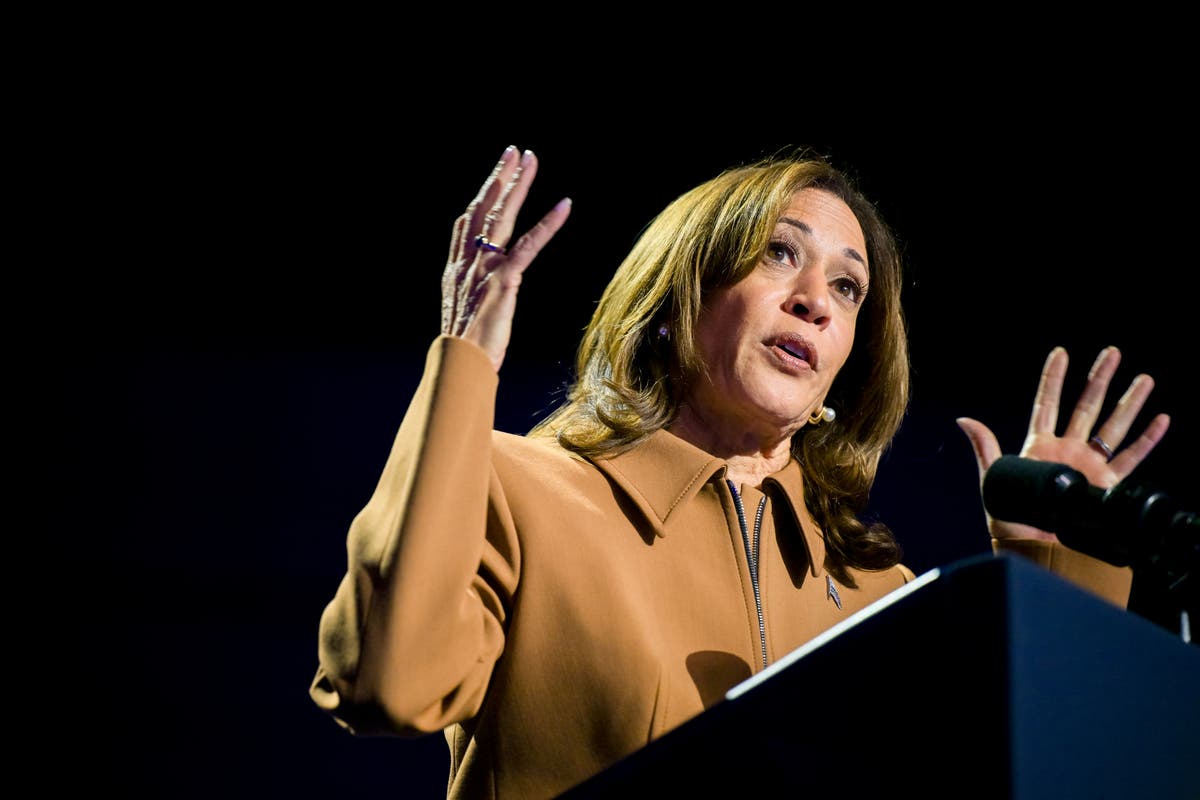Opposition to the assisted dying bill is growing in parliament after the interventions of the health and justice secretaries to call for caution – and a backlash among new MPs who are angered by the speed of the legislation.
Rachael Maskell, the former Labour shadow minister who chairs the Dying Well all-party parliamentary group against assisted dying, told the Guardian she and others had been meeting dozens of undecided MPs and hoped to persuade them to vote down the bill and push instead for a wide-ranging commission that would explore better palliative care.
The Guardian understands there is particular anger among new Labour MPs about the speed of the bill. The House of Commons will vote on the private member’s bill led by the MP Kim Leadbeater in five weeks’ time and there is growing concern that full details of the legislation are yet to be published.
Keir Starmer is known to be a keen supporter of the proposed change but has said there will be a free vote for MPs.
A number of senior politicians have expressed opposition to the bill in recent days. One key factor in the debate among MPs has been the decisions of the health secretary, Wes Streeting, and the justice secretary, Shabana Mahmood, to say they will vote against the bill.
Among those who are deeply torn there is a strong feeling that the vote should not take place until the government can show significant improvements to the state of the NHS – or risk sending a dangerous message. There are also grave doubts about the process of the private member’s bill, with just two Fridays to debate it. Several stressed, however, that they did not blame Leadbeater.
Maskell, who was part of a 14-month inquiry into assisted dying while she was on the Commons health select committee, said there were still key outstanding issues. She claimed there would be little time to press for clarity on issues such as whether doctors would have to opt out or opt in to carry out the procedure to end a life.
“It’s a very detailed, involved, complex area of healthcare and it’s got to be treated with that gravity, I think, and I just don’t get the sense that the five-hour parliamentary debate will even touch on that,” she said.
Maskell said MPs would be pushing for the government to instead announce a commission on palliative care, as a way to address many of the horror stories that have been raised as a reason to back assisted dying for those terminally ill and in great pain and distress.
Maskell said she and both of her former colleagues on the select committee who remained in parliament, Dr Caroline Johnson and Paulette Hamilton, were against the bill. “We’re the ones that have kind of really lived and breathed this for a significant amount of time,” she said.
Maskell, who is a religious Christian, denied that faith was the key factor for many opposed, saying there were many atheist MPs who were opposed and motivated by a human rights and equality perspective.
“Both Wes and Shabana are the two cabinet members that have the responsibility for implementing this, and when they’ve dug into the issue, they’ve expressed a concern,” Maskell said. “They really should be listened to.”
She said there was very little time for opponents to make their case. “The second reading on 29 November is really the day to defeat the bill and to say actually we don’t have to do this [in the] first six months of a Labour government. It isn’t the only vehicle in town, we can do something else.”
Streeting told MPs he had been persuaded because of the poor state of palliative care, despite having voted for assisted dying the last time around. Jonathan Reynolds, the business secretary, was also previously a member of the APPG against assisted dying. But other cabinet ministers have said they are in favour, including the work and pensions secretary, Liz Kendall, and the culture secretary, Lisa Nandy.
Among Conservative MPs, the issue is split down the middle. “I think that it’s very much a case of a core number of religious ones who are against it, a core number of people who through personal or constituency experience are very strongly in favour, and then a number who are very torn,” one senior Conservative said. “But I think there is a growing feeling of ‘is this the right way to do this?’.”
Ed Davey, the Liberal Democrat leader, who has a disabled son and whose wife has MS, has said he will vote against the bill.
Cabinet ministers are not expected to campaign on the issue. Earlier this month, the cabinet secretary, Simon Case, wrote to ministers to say they “should exercise discretion and should not take part in the public debate”.
after newsletter promotion
Starmer’s support has been very influential for a number of MPs, however, and there are others in all the parties who are passionate supporters of the legal change, backed by three-quarters of the public, according to some polls.
In a survey of MPs published earlier this month, just over half of those who responded backed legalisation in the case of terminal illness.
Esther Rantzen, the celebrity backer of the assisted dying law change, to whom Starmer promised he would hold a vote on the issue, wrote to Streeting late this week to say she was “deeply disappointed” in his decision and accused him of “ignoring the government’s request to stay neutral”.
She told the Express that Streeting should know “even the best palliative care cannot always protect patients from dying in agony, and their families and doctors watching helplessly”.
Maskell, a former physiotherapist, said taking part in the health and social care select committee inquiry into assisted dying had left her extremely concerned about the procedure. She said there were a significant number of her colleagues who remained undecided.
“We haven’t even seen the bill yet and we will have five weeks and then a five-hour debate – that feels like the process isn’t right for dealing with such a sensitive and challenging subject and complex subject,” she said.
“We’re in the context of a broken NHS. We know that social care is so fragmented and is just not functioning and massively under-resourced, and local authorities are climbing the wall around their finances. And we know that palliative care and the hospice service have been crying out for years about their underfunding.”
Maskell said for many MPs there was widespread support among their constituents for the change, and for those MPs who had their own doubts, they needed to explain an alternative to voting for the bill.
“We’ve got to think about end of life in a very different way if we are going to give people the very best of care,” she said. “There’ve been so many people who are just feeling they’re having to grab the first thing that comes along. I just think that lobby has been very successful and persuasive in trying to advance their agenda.”
Maskell said she had been having one-to-one discussions with MPs who were undecided. “I would say it’s certainly not the majority in favour yet. But the problem is that they don’t have an adequate response currently to give their constituents, to say: ‘I don’t want have to do this now, but I want to get palliative care right.’”

 By The Guardian (World News) | Created at 2024-10-27 15:10:14 | Updated at 2024-10-27 17:17:55
2 hours ago
By The Guardian (World News) | Created at 2024-10-27 15:10:14 | Updated at 2024-10-27 17:17:55
2 hours ago



